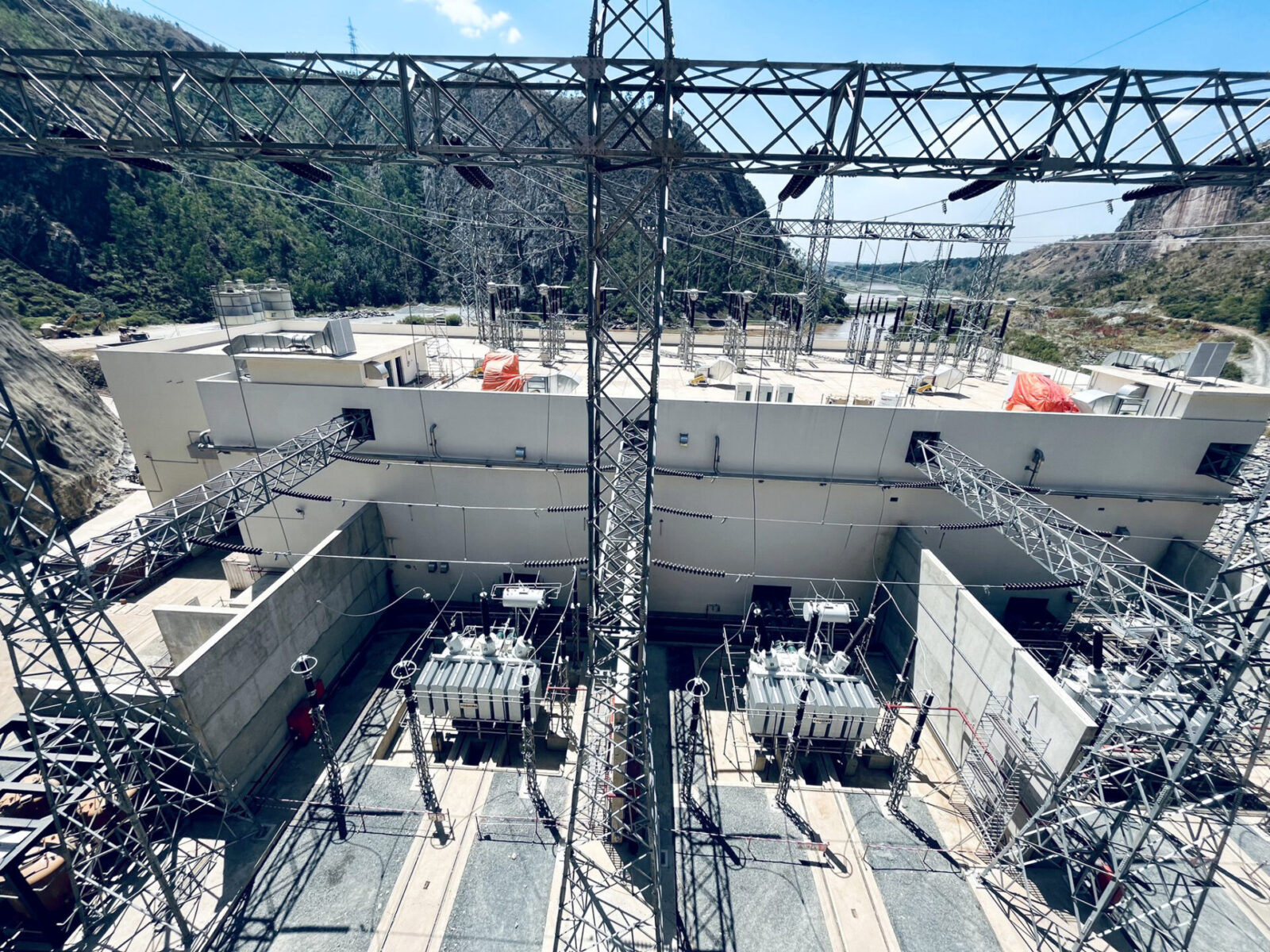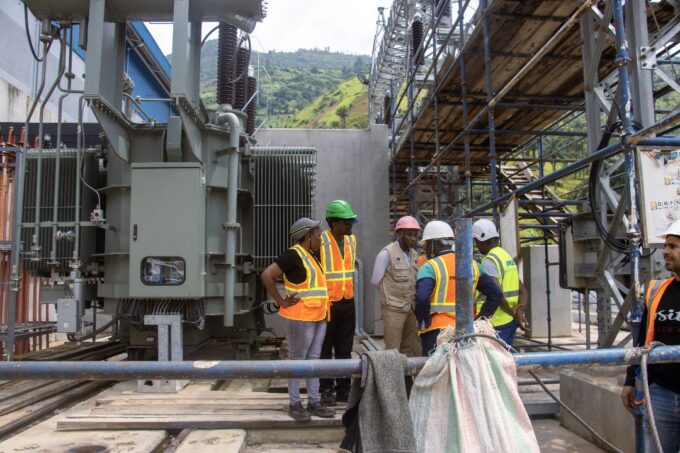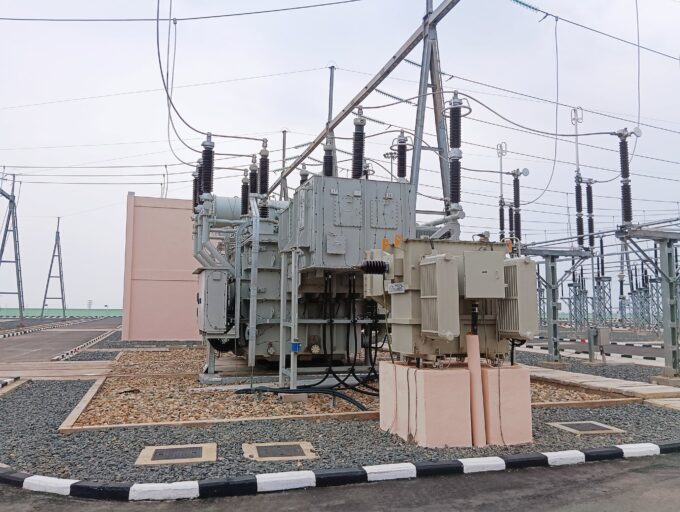Frequent power outages in Burundi’s capital, Bujumbura, continue to disrupt income-generating activities, leaving residents frustrated despite recent government promises to address the issue. During the second day of the Burundi Investment Roundtable in Bujumbura, Energy Minister Ibrahim Uwizeye acknowledged the country’s limited power supply but pledged an ambitious increase of 1,000 megawatts by 2030.
For residents like Alain Arsène Irakoze, a 24-year-old photographer from Musaga in southern Bujumbura, unreliable electricity has severely affected his livelihood. “All my activities depend on electricity. When power outages occur, everything comes to a halt, causing delays in delivering products,” he said.
The economic impact extends to small business owners like Jean de Dieu Nsabiyaremye, a tailor in Cibitoke, northern Bujumbura. He estimates losing around BIF 10,000 daily due to blackouts. “About 80% of my activities are paralyzed. If you expect to earn 10,000 per day but face a power cut, you can’t reach that amount,” said the father of two, urging the government to find immediate solutions.
During Burundi’s roundtable, Energy Minister Ibrahim Uwizeye acknowledged the country’s limited power supply and pledged to boost capacity by adding 1,000 megawatts by 2030. “By 2030, Burundi’s power supply will reach 1,000 MW,” Uwizeye assured, emphasizing plans to construct 30 new hydroelectric dams.
The two-day roundtable, which concluded on Friday, aimed to attract foreign investment to support Burundi’s Vision 2040-2060 development goals amid an ongoing economic crisis. Among the energy projects highlighted are Kabu 16 and Rusumo Falls. In June 2024, Albert Manigomba, Director General of Regideso—the national power and water utility—announced the integration of these dams into the national grid had begun, promising a resolution to frequent power outages in the economic capital and other regions within weeks.
Earlier in 2024, Minister Uwizeye told parliament that Burundi needs $200 million in international funding to rehabilitate its electrical grid. “Addressing this issue requires global support,” he said, according to the state-run news outlet Burundi Eco.
Frequent blackouts continue to disrupt industries and small businesses alike, where survival depends on consistent electricity. According to the Ministry of Energy, the national electrification rate is just 15.3%, with ambitious plans to increase it to at least 70% by 2030.
As the country looks to the future, the Minister of Energy reassured citizens that by 2030, Burundi’s power supply would reach 1,000 megawatts, a transformative leap that could reshape the nation’s energy landscape and bolster its economic resilience







Leave a comment